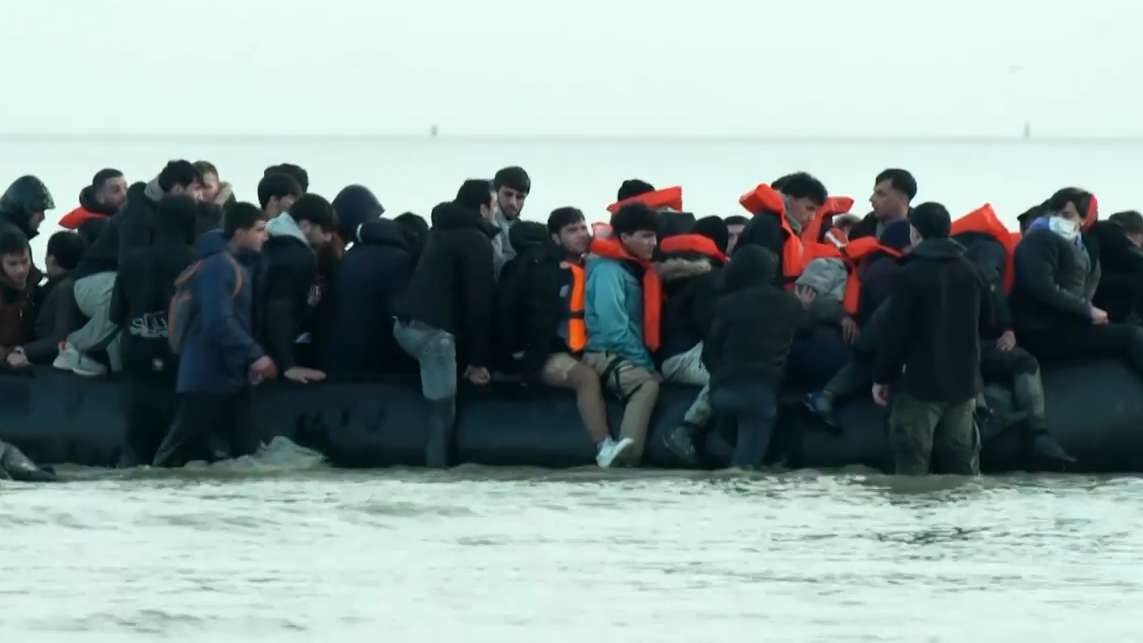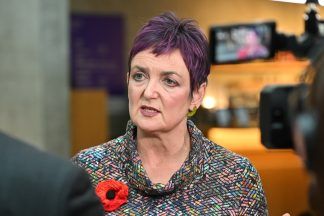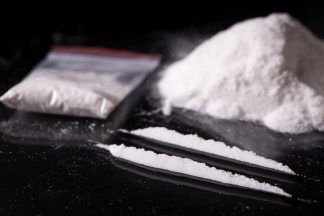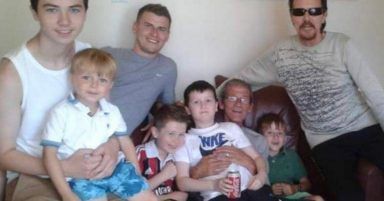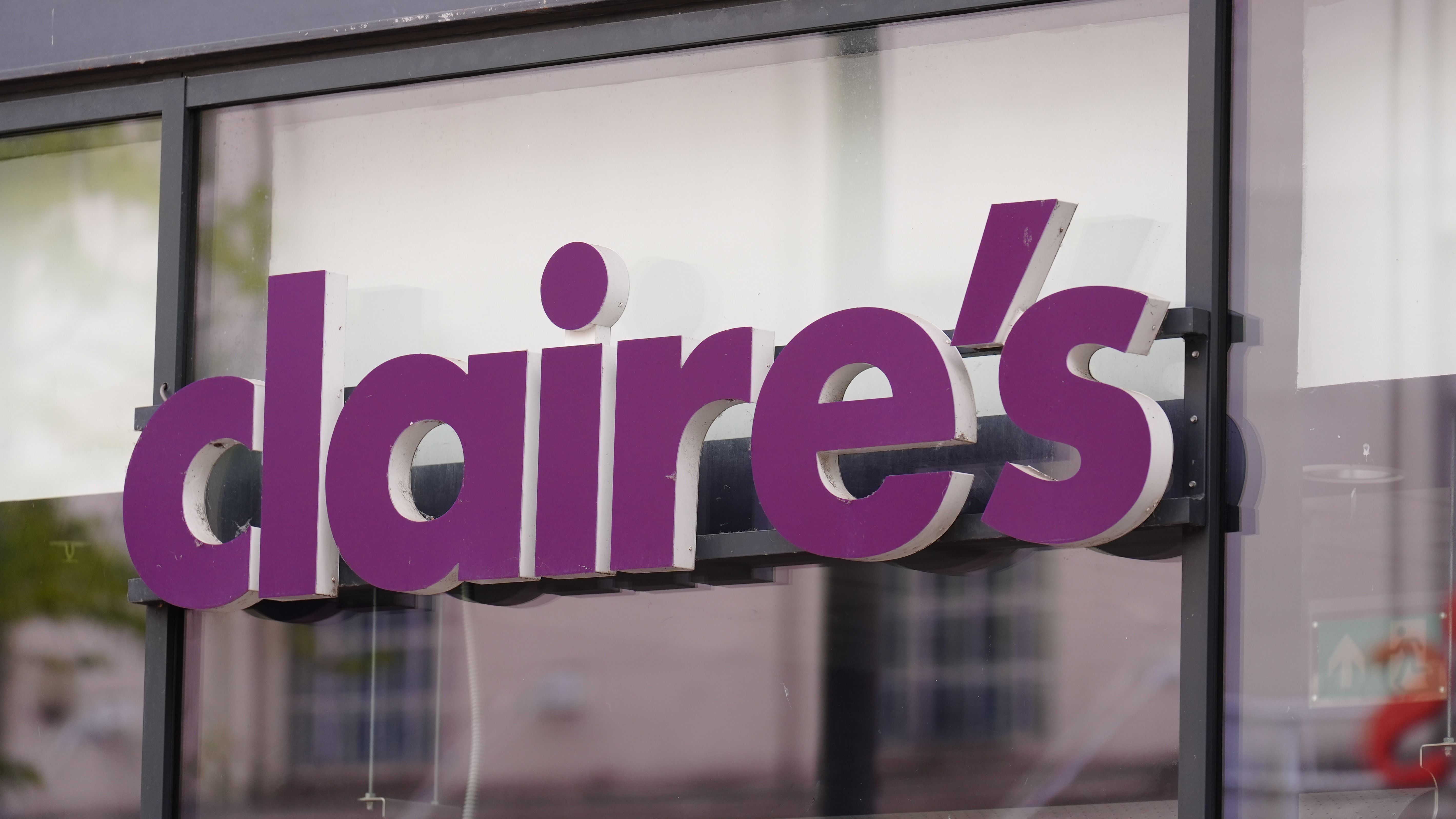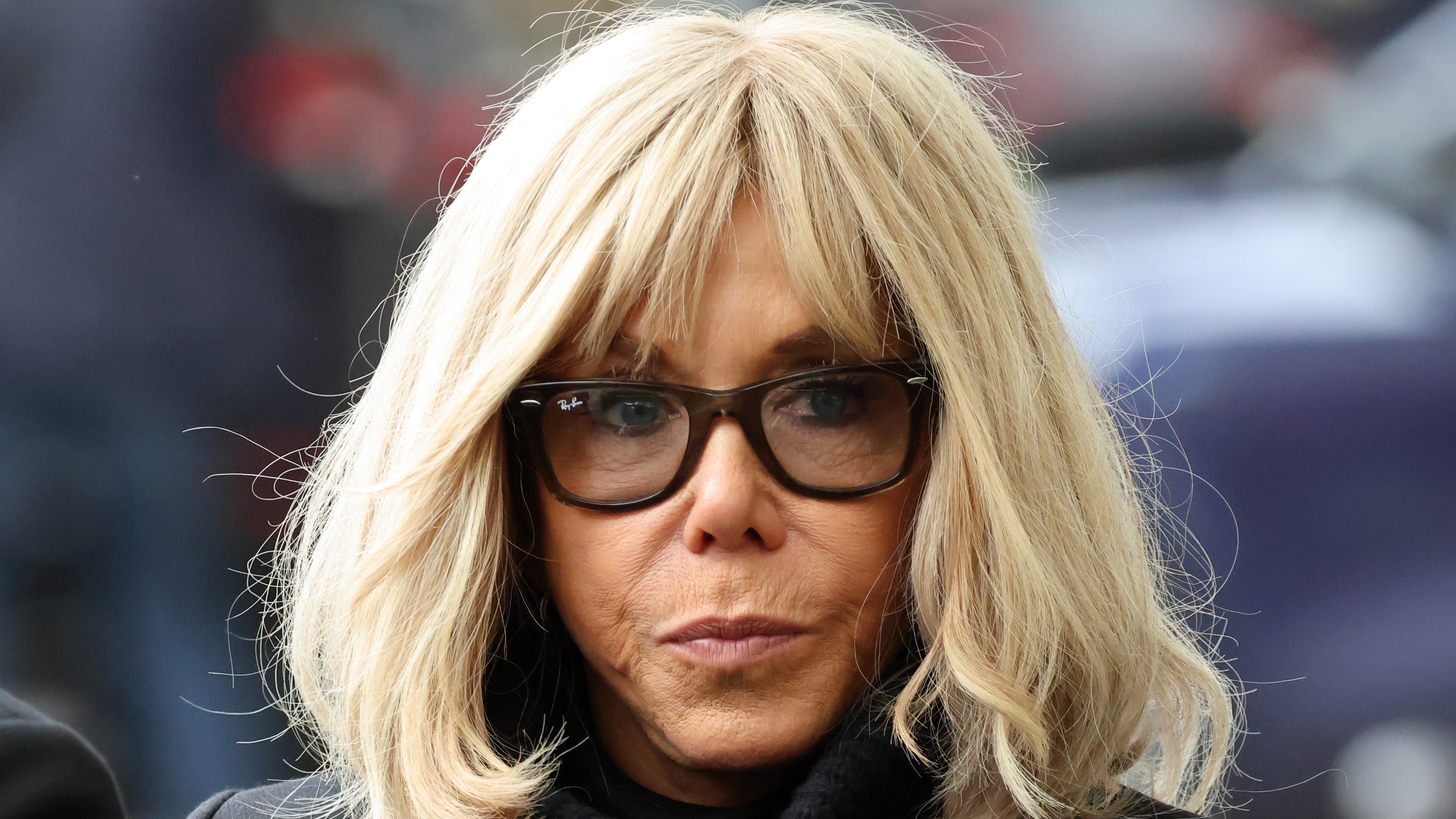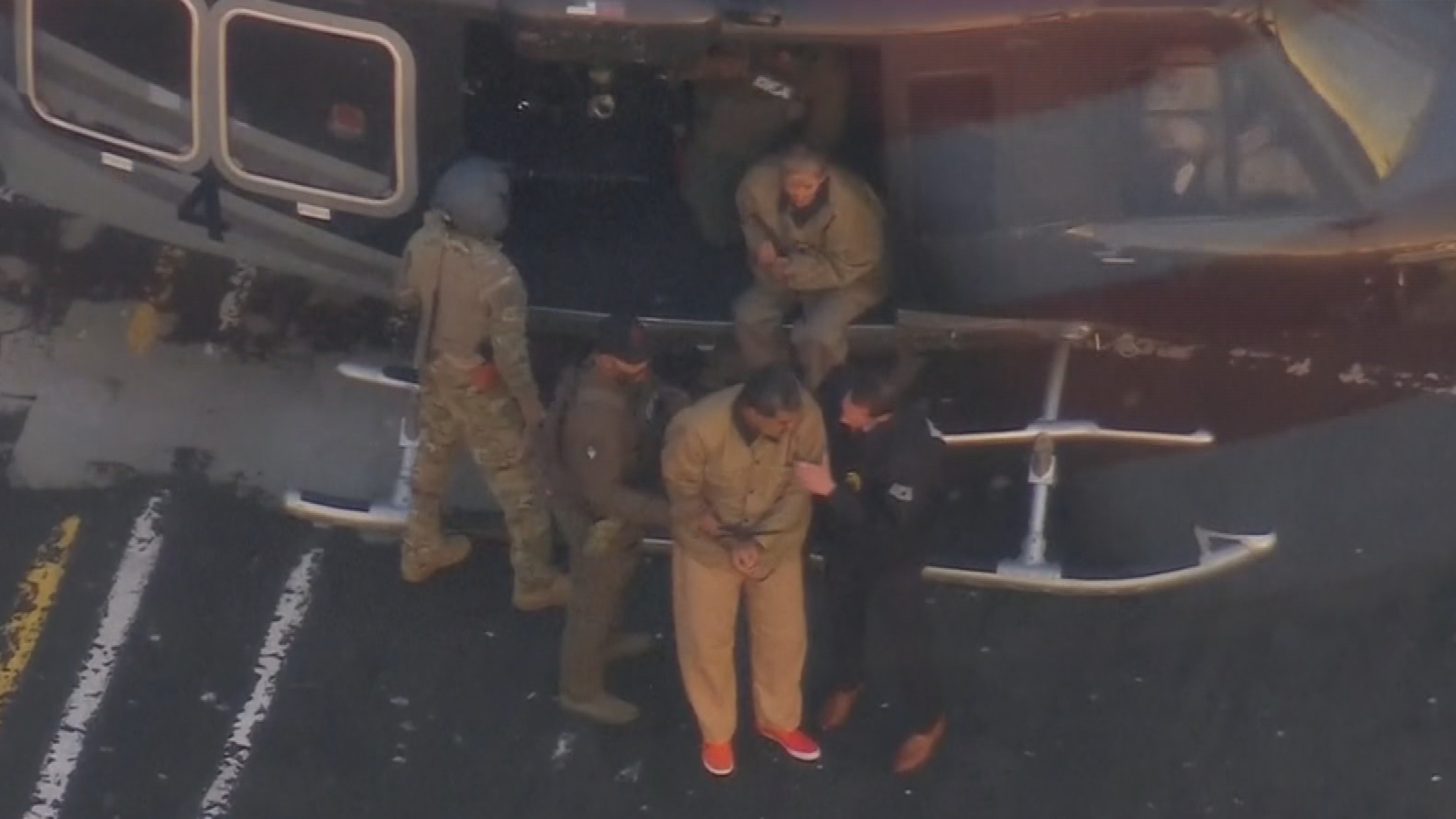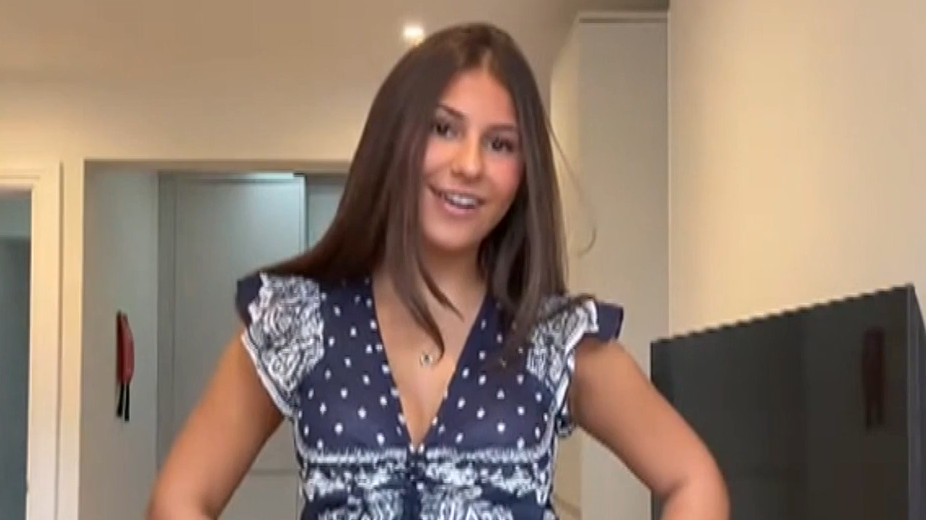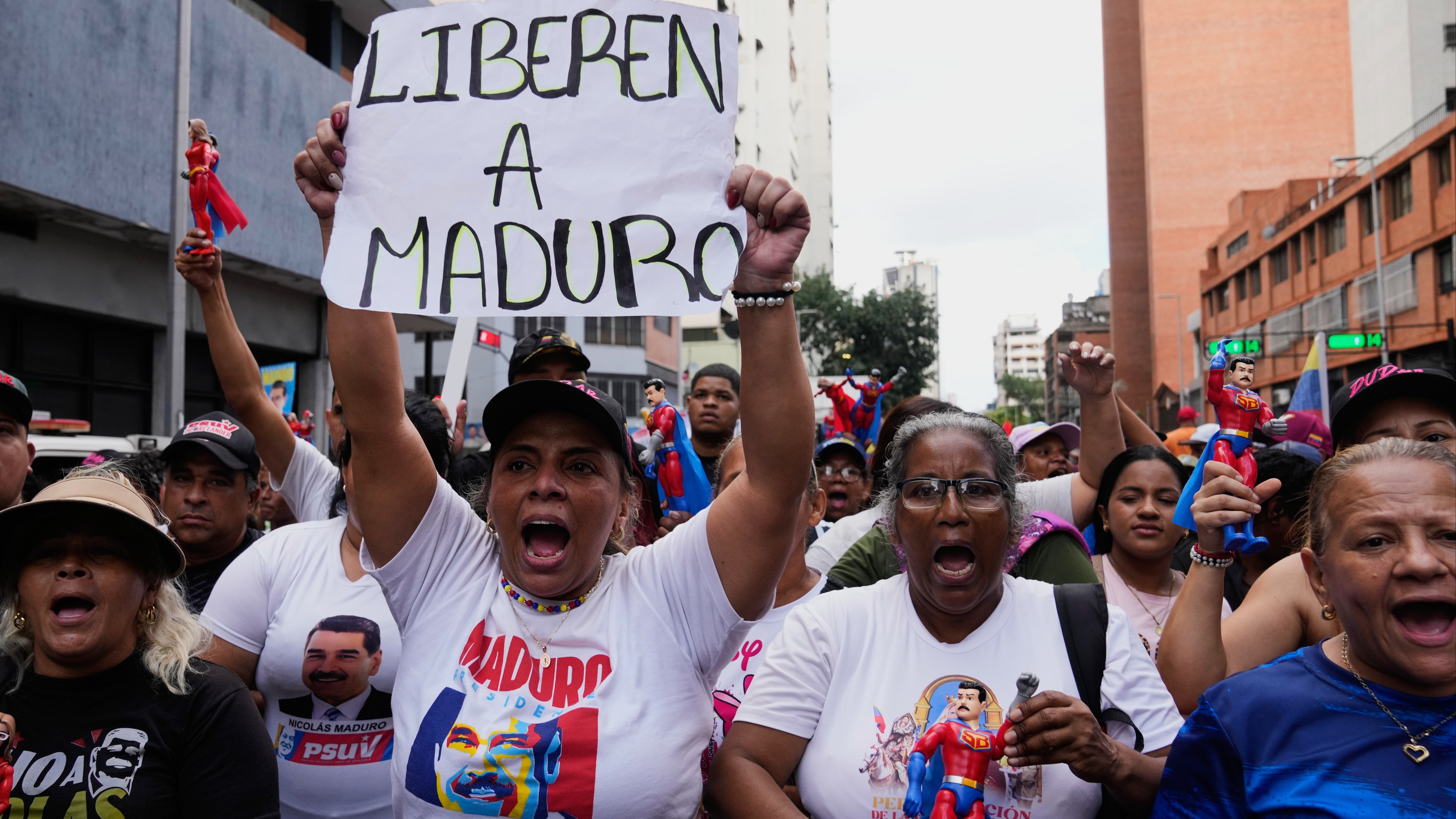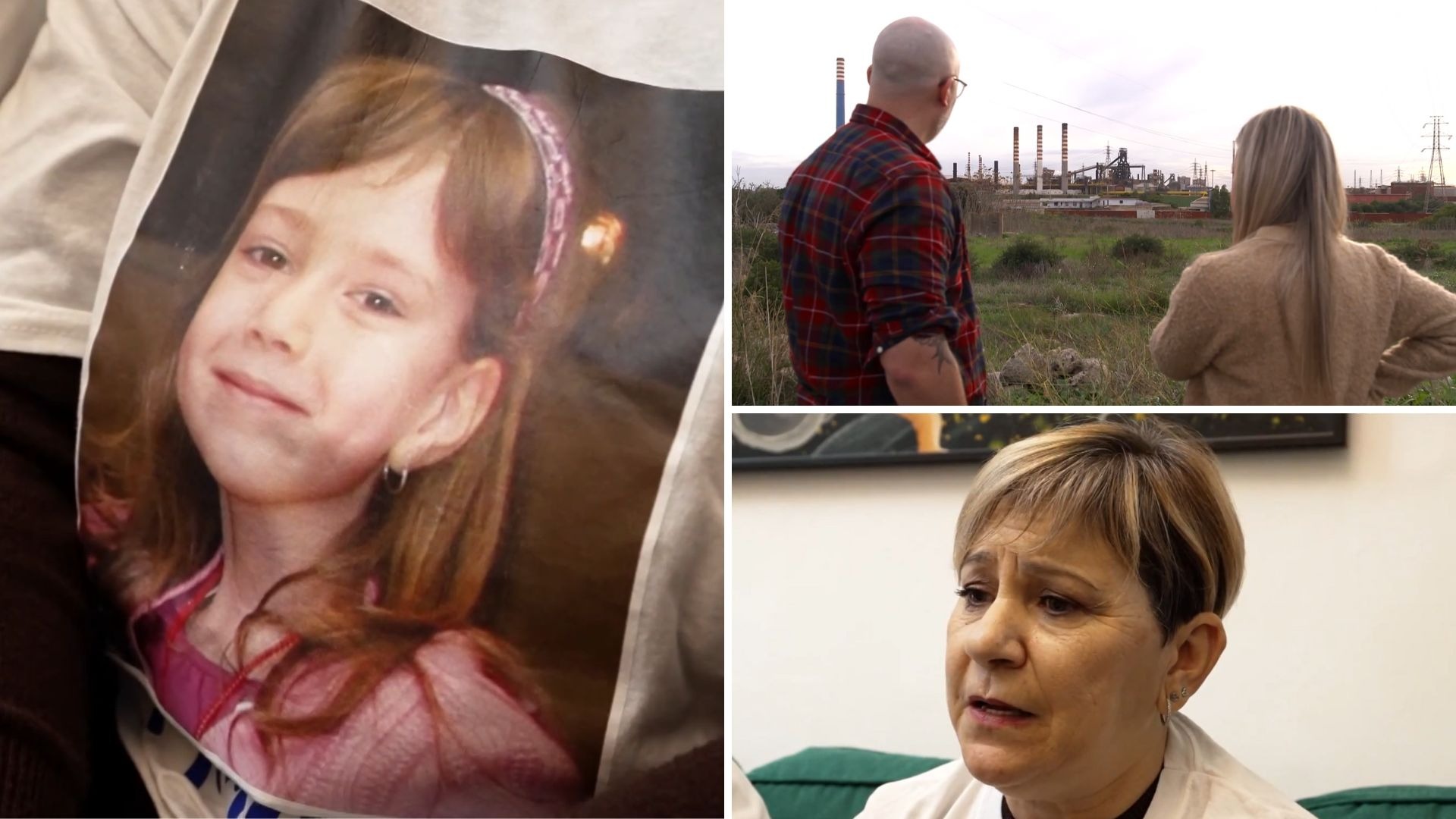Evidence shared exclusively with ITV News shows that the large sums of government money poured into policing small boat crossings on the French side of the Channel, are failing to control the problem, Peter Smith reports
British-funded French police have been filmed watching as migrants board small boats to illegally cross the English Channel, an ITV News investigation can reveal.
Our team were near Dunkirk at a well-known launching point for the small boats, when a group of more than 50 migrants were able to cross the beach and get onto a dinghy directly in front of French officers, apparently unimpeded.
This occurred despite a £500m investment from the UK government as part of a three-year agreement with the France, which is supposed to help them stop these crossings.
The money is to be used on vehicles and surveillance equipment such as drones.
ITV News witnessed this hardware, which is paid for by Britain, being actively used by the French as they let the migrants pass them by.
The boat they boarded was already on its way to the UK and appeared full when it performed an audacious U-turn and headed back towards the beach where police were standing.
Brazenly, the boat was able to pick up these additional passengers, seemingly unconcerned by the police presence.
Migrants, including some holding children, are filmed running across the beach into a dinghy on the French coast
The dinghy became dangerously overloaded, with one French officer heard giving an estimate of 100 people in total onboard by the time it left France.
The UK Border Force dispatched a vessel to pick the people up in the Channel.
We filmed as they eventually arrived at the port in Dover, where they are already being processed – any claims for asylum being considered.
This evidence casts further doubt on the ability of Prime Minister Rishi Sunak to deliver on his pledge to ‘stop the boats.’
It also raises questions for the French government about its commitment to a multi-million pound agreement being paid for by the UK.
There were two other attempted crossings filmed by ITV News in this one area on the same morning.
One group of around 45 were found hiding in the sand dunes before they could get to the beach.
They were rounded up by police, but nobody was arrested or questioned.
Instead they were led back to their camp near Dunkirk, from where they are free to continue trying again to cross the Channel.
Another boat was stopped – not because French police blocked it but because the dinghy sank.
French police told ITV News that on the day of filming, officers intercepted more than 600 migrants attempting to cross and made two arrests for suspected human trafficking.
The force added that it has to take the risk of physical assault against its officers on the beaches into consideration. It added that it has a policy of not interfering when people are in the water in order to prevent causing further chaos that could lead to drownings.
French police insist that they did attempt to intercept migrants, but evidence uncovered by ITV News still raises important questions on both sides of the Channel, as Peter Smith explains
Smugglers have started a new tactic to launch boats from the canals of northern France, rather than beaches, to evade police.
But the canals have particular dangers.
All 40 people on the sinking boat had tried to jump out to save their lives, but they then became stuck, neck-deep in the muddy banks of the canal and had to be rescued.
A child died in the same canal just last month, but even death has not deterred other families trying.
Among those who were pulled to safety were Vietnamese migrants, trying to reach the UK where they would be put to work illegally in nail bars and cannabis farms, as highlighted in a previous ITV News investigation.
We went into a camp for Vietnamese near Dunkirk – about 50 people are there, living in tents, hiding from rain and police in the forest.
One man tells us he’s here because he owes a debt to the mafia in Vietnam.
He says they’re charging 4% interest per week, and they’ve taken control of his house.
“Eventually they gave me an ultimatum,” he says.
“Either I goes to there to work for them and repay the debt, or they’ll sell my wife’s organs.”
Selling kidneys on the black market in Vietnam is a known practice, especially for impoverished families trying to clear a debt.
The UK is now specifically targeting Vietnam with a social media campaign.
A series of advertisements warn about the exploitation from gangs, the horrendous conditions in camps, and the dangers of the small boats.
If the intention was to deter people, the evidence we found in Dunkirk is it’s not working.
“I don’t expect people in your country to welcome me with open arms,” another Vietnamese man tells us.
“But I’ll still go – I have to work there and send money to my family.
“And it’s true the gangs do control everything. I’ve seen people beaten, and worse. We’re all scared.”
The smuggling gangs have their own social media campaign now too.
We found out they are asking some of those going on the boats to become ‘influencers’ – posting videos of the journey on TikTok, apparently showing how easy it is and with details on how to join them.
We were also given information about a specific encrypted messaging app being used by the smugglers to organise boats and recruit new passengers.
Our ITV News team set up a fake profile, pretending to be Vietnamese trying to reach the UK, and began contacting one smuggler.
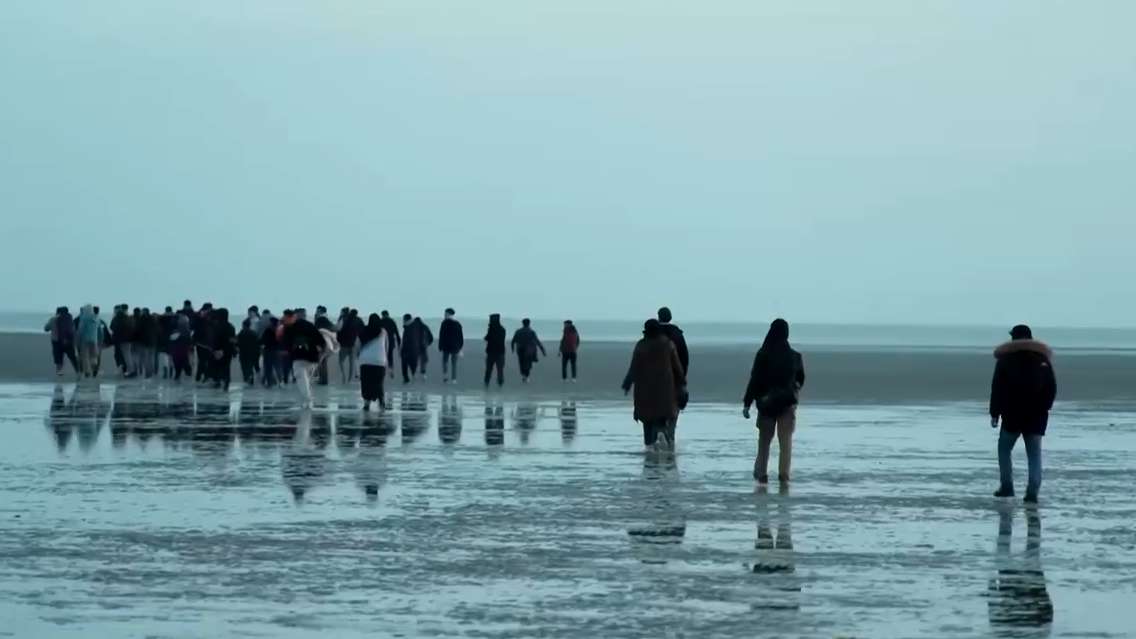
We were quoted a price of £3,000 per person for a place on his boat, and he gave us the details for when his next boat was leaving.
He also gave us details about a ‘VIP package’: for £19,000 we could get a place inside a truck driver’s cabin for a crossing to the UK.
It is supposed to be the UK government’s defining mission: to stop the boats.
But from what our investigation in France has seen, they are still coming: undeterred, unfazed, and sometimes even uninterrupted.
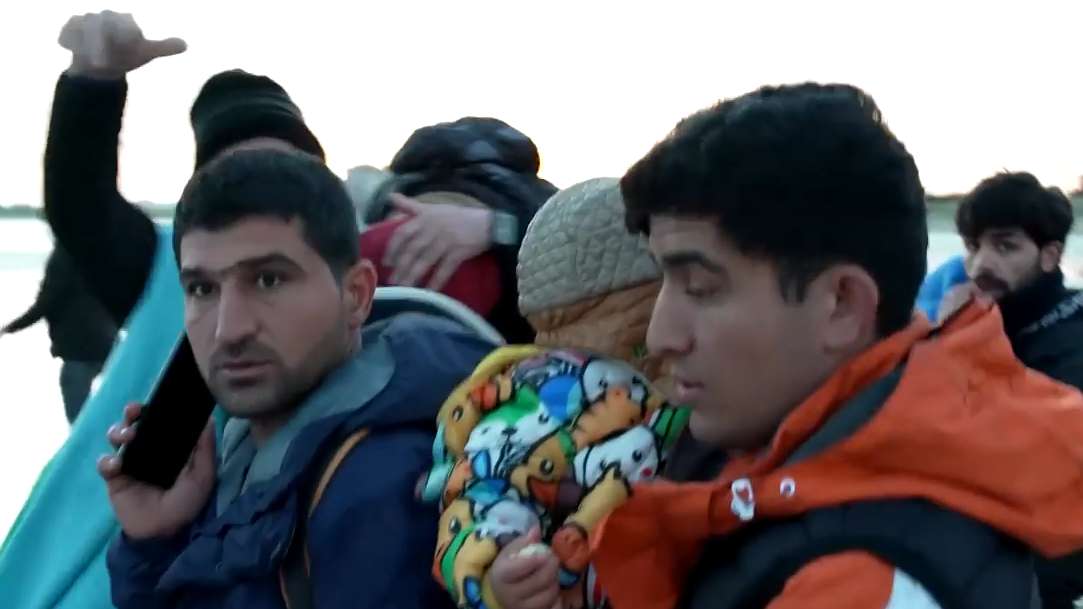
A Home Office spokesperson said: “The unacceptable number of people who continue to cross the Channel demonstrates exactly why we must get flights to Rwanda off the ground in the Spring.
“We continue to work closely with French police who are facing increasing violence and disruption on their beaches as they work tirelessly to prevent these dangerous, illegal and unnecessary journeys.
“We also launched a social media advert campaign last month targeting Vietnamese nationals to deter them from illegally migrating to the UK, and we continue to work closely with Vietnamese authorities to prevent illegal journeys to the UK and remove those with no right to be here.”
Follow STV News on WhatsApp
Scan the QR code on your mobile device for all the latest news from around the country


